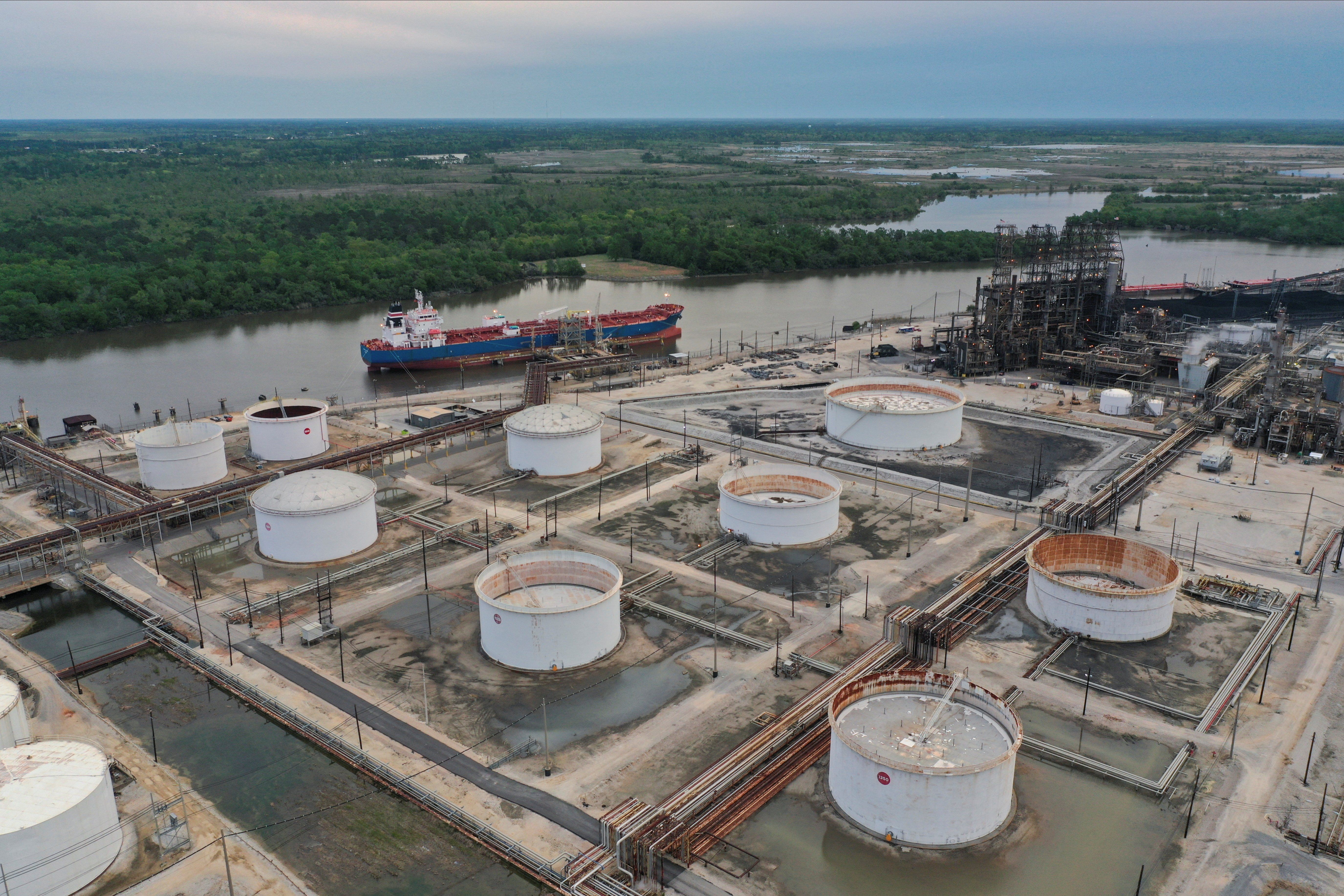With just 14 days left before he hands over the keys to Donald Trump, Joe Biden has banned offshore oil and drilling along almost the entirety of the US. The ban will cover the entire East Coast, the eastern Gulf of Mexico, and the coast off of California, Oregon, and Washington, as well as a large part of Alaska.
The ban prevents companies from leasing new drilling along 625 million acres, which Ron Neal, chairman of the Independent Petroleum Association of America Offshore Committee, said would limit the industry’s exploration of new projects, hurting its ability to survive in the long term.
In his announcement of the ban, Biden explained that he made the decision because “drilling off these coasts could cause irreversible damage to places we hold dear and is unnecessary to meet our nation’s energy needs.” Trump has called the ban “ridiculous.”
Won’t Trump just reverse it? Trump won the election promising to drop gas prices by reversing Biden’s environmental policies, increasing drilling, eliminating regulations, and supercharging America’s fossil fuel industry.
But he might not be able to “drill, baby, drill” so fast. Biden has passed the protections without an expiration date and has the authority to withdraw areas from drilling under the Outer Continental Shelf Lands Act of 1953. Back in 2017, Trump tried to reverse waters that had been protected under the Obama administration but was told by the courts that the act was irreversible by succeeding presidents.
Still, the ban could be reversed in other ways. An act of the Republican-controlled Congress could do the trick. Trump is also likely to challenge it despite the precedent, a decision that would spur a legal battle that would likely be decided by the Supreme Court, whose conservative majority hasn’t shied away from overturning environmental protections in recent terms.
